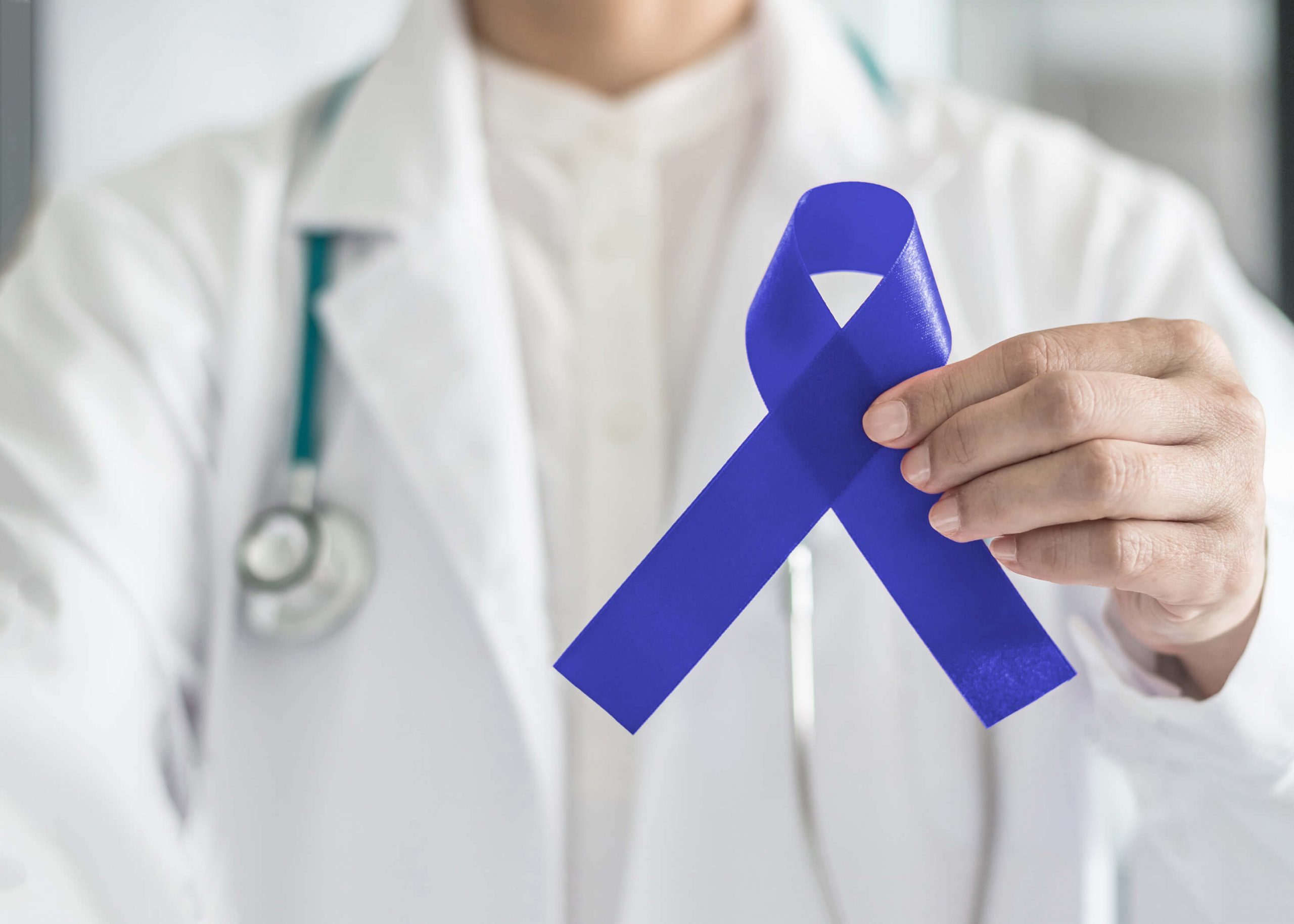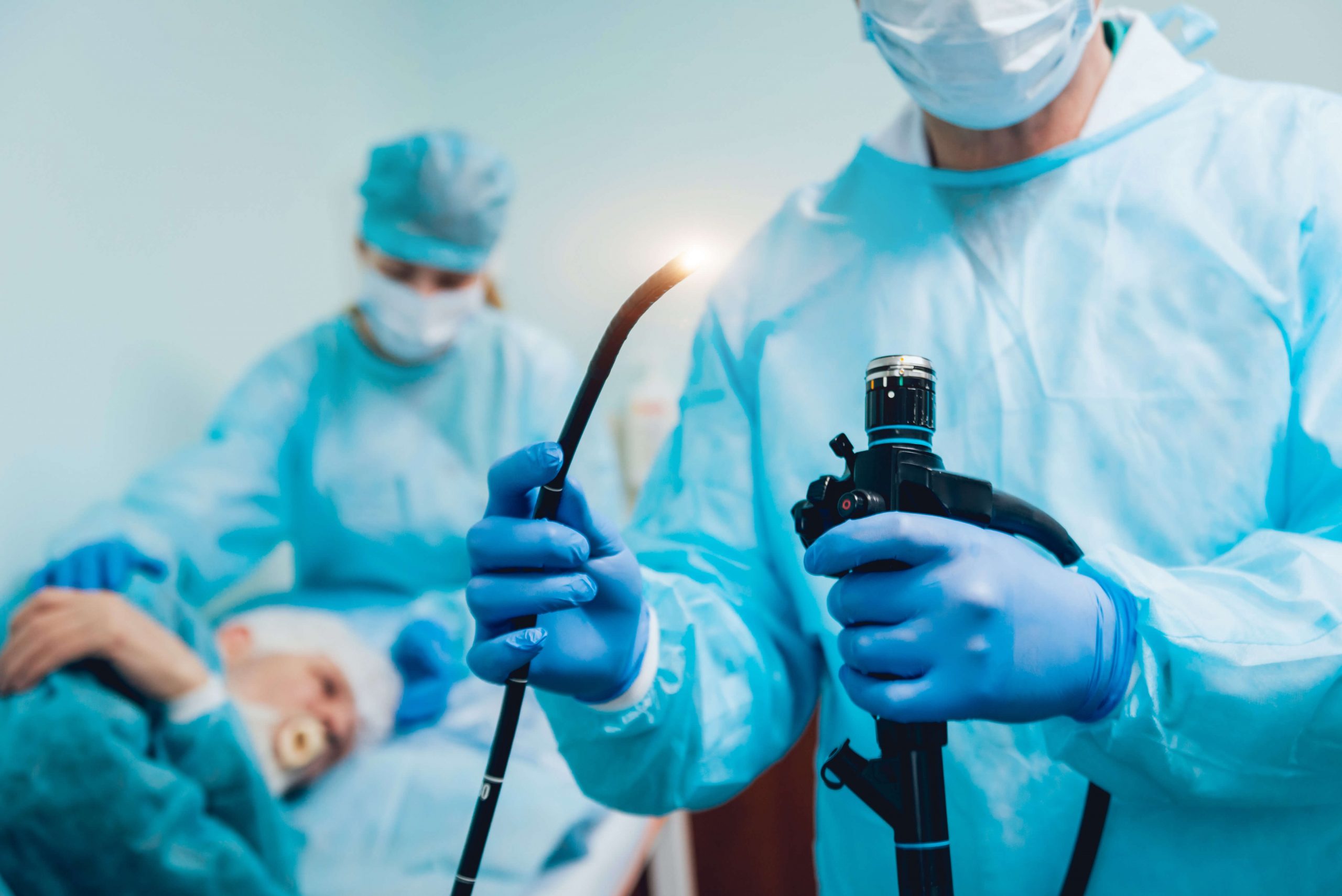According to the Singapore Cancer Society, colon cancer is one of the top 3 most common types of cancer in Singapore. Approximately 1,200 new cases of colon cancer are diagnosed each year.
Research shows that male Chinese Singaporeans are mostly at an increased risk of developing this type of cancer. Therefore, it is essential to understand facts about colon cancer and what you can do to minimise your risk.
Who Should Screen for Colon Cancer In Singapore?
Ideally, you should begin screening for colon cancer as soon as you turn 50, and continue being screened regularly. In fact, you need to start screening earlier if you have a higher risk of colon cancer.
The frequency of screening will depend on your risk factors. Below are the four colorectal risk categories and when each group should begin screening.
1. Average risk group
You are considered an average risk individual if you are generally asymptomatic or come from a family with no history of colon cancer. If your family has had a case of this type of cancer, it must be limited to non-first degree relatives. Screening is recommended to begin at the age of 50 years old if you fall in this category.
2. High-risk group
You are at high risk of developing colon cancer if one of your first-degree relatives aged 60 years or younger has been diagnosed with it. Your risk increases if more than one of your first-degree relatives has been diagnosed.
In this case, you should begin screening at the age of 40 years or ten years prior to the youngest case in your family; whichever is earlier. So, if the youngest case in your family was diagnosed at 45 years, you should begin screening at 35 years.
You are also considered higher risk if you have a medical history of colorectal polyps. In this case, you need to start screening one to three years after polypectomy.
A medical history of colorectal malignancy or ovarian cancer is another high-risk factor you should be aware of. If you fall into this category, consider starting your screening immediately after resection.
3. Very high-risk group
You fall in this group if you have a family history of familial adenomatous polyposis or hereditary non-polyposis colon cancer. You are also at very high risk if you have inflammatory bowel disease.
If you have a family history of familial adenomatous polyposis, you should start screening at 10-15 years of age.
However, if you have a family history of hereditary non-polyposis colon cancer, your screening should start when you are between 20 to 25 years old.
How to Screen for Colon Cancer?
There are different screening tests for colon cancer. Here is a quick summary of the different screening options:
Faecal occult blood tests (FOBT)
Immunochemical FOBT is used to check for blood in your stool which can be a sign of polyps or cancer. A positive test means blood was detected in your stool and will lead to further examination to determine the cause.
Sometimes, the presence of blood in your stool can be caused by other things. Since polyps don’t bleed continuously, the test must be performed on different stool samples at different times of the year.
Unlike some other tests, FOBT can be conducted in the privacy of your home, and no dietary or drug restrictions are required before the test.
Colonoscopy
During a colonoscopy, a relatively long and flexible tube is carefully inserted into your rectum. A tiny video camera at the tip of the tube allows your doctor to examine the entire length of your colon and rectum to detect any abnormalities.
The entire process takes approximately half to an hour and is repeated every ten years if your doctor doesn’t detect any abnormalities, and you don’t have an increased risk factor for colon cancer.
Though there is the need for sedation and full bowel preparation, a colonoscopy is highly accurate and recommended for high-risk individuals.
During bowel preparation, your doctor may stop some oral medications for days and put you on a low fibre diet for at least three days.
Some of the foods you need to avoid during this period include vegetable soup, cereals, grains, fruits, and vegetables.
Virtual colonoscopy / CT colonography
Virtual colonoscopy is a relatively new radiologic technique that generates clear images of the colon and rectal wall.
Like colonoscopy, bowel preparation is still needed but it doesn’t require sedation. However, small lesions may be missed and interventions such as biopsies and polypectomy cannot be performed.
To create clear images, a slightly smaller tube is carefully inserted into your colon to fill it with air. The process takes approximately ten minutes and is usually repeated every five years if nothing is detected.
Sigmoidoscopy
Like colonoscopy, your doctor may recommend sigmoidoscopy to check for polyps or any other signs of cancer. However, during sigmoidoscopy, the doctor will mainly examine the rectum and left-sided colon.
Sigmoidoscopy only takes 10-20 minutes to complete. It requires laxatives given through the anus before the test. If evidence of cancer or polyps are detected, your doctor will still recommend a colonoscopy to examine the entire colon.
Barium enema
This is another alternative to colonoscopy suitable for large bowel evaluation. Bowel preparation is needed, and your doctor may still recommend colonoscopy to rule out suspicious lesions detected on your enema. The process is generally simple and takes approximately 30 minutes to complete.
How Often Should You Go for Screening
The waiting period between screenings will depend on the results of your first screening and the method used.
Generally, FOBT is done every year for normal results, while sigmoidoscopy should be done every 5 years if combined with a faecal immunochemical test (FIT) done every year.
A colonoscopy is recommended once every ten years for people with no increased risk of colon cancer. CT colonography/virtual colonoscopy should be done every five years.
Keep in mind that you may be required to undergo regular screening if you are at an increased risk of developing colon cancer. Your doctor will assess your condition and provide you with an ideal screening schedule.
Conclusion
Colon cancer is common, not just in Singapore but globally. Fortunately, screening and early treatment reduce cancer-related deaths significantly. Typically, screening for colon cancer should start at the age of 50.
But if you are at an increased risk of developing colon cancer, you need to start screening earlier based on the recommendations outlined above. The frequency of screening will depend on your condition and the screening option you choose to use.







